How small particles, such as colloids, move through the soil is important to understand as many pose a significant threat to public and environmental health.


How small particles, such as colloids, move through the soil is important to understand as many pose a significant threat to public and environmental health.
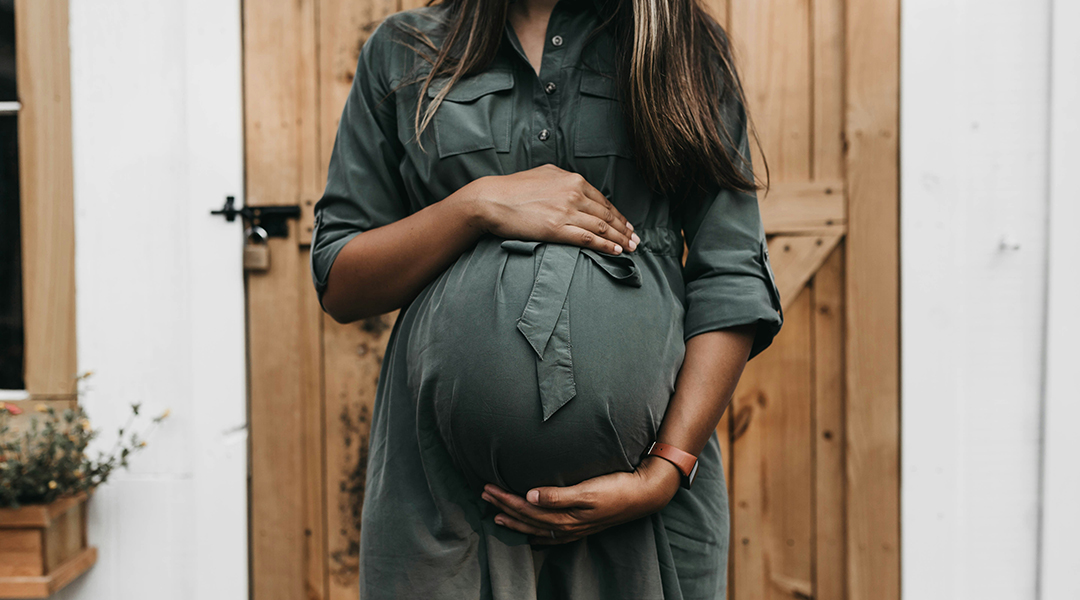
Scientists find unique combinations of oral microbes can help identify states of stress in pregnant individuals.
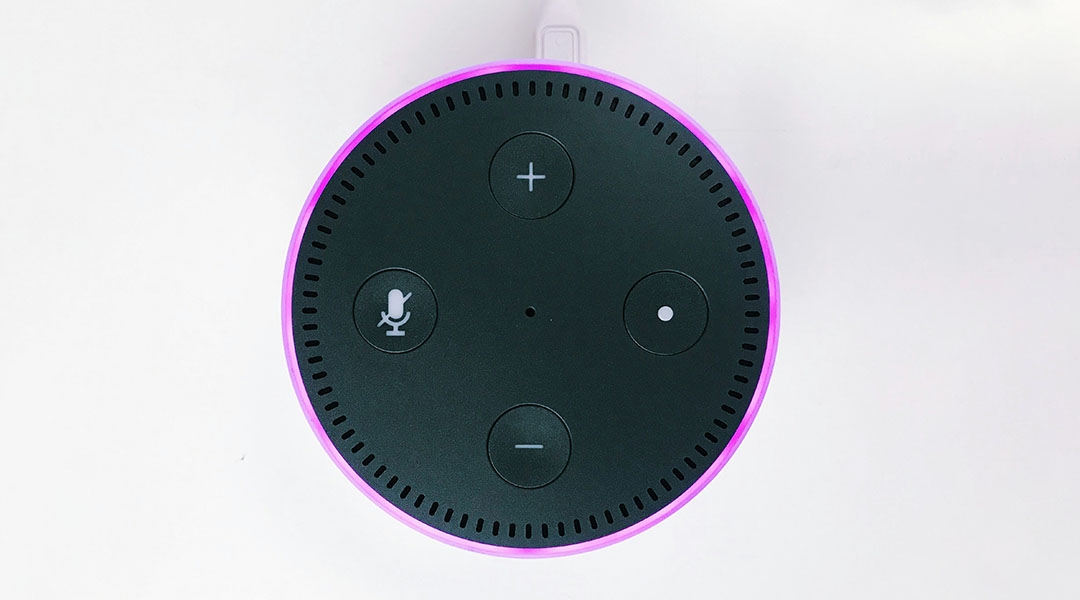
Scientists explored whether evidence backs up the growing belief that voice assistants like Alexa can alleviate loneliness, especially in the elderly.
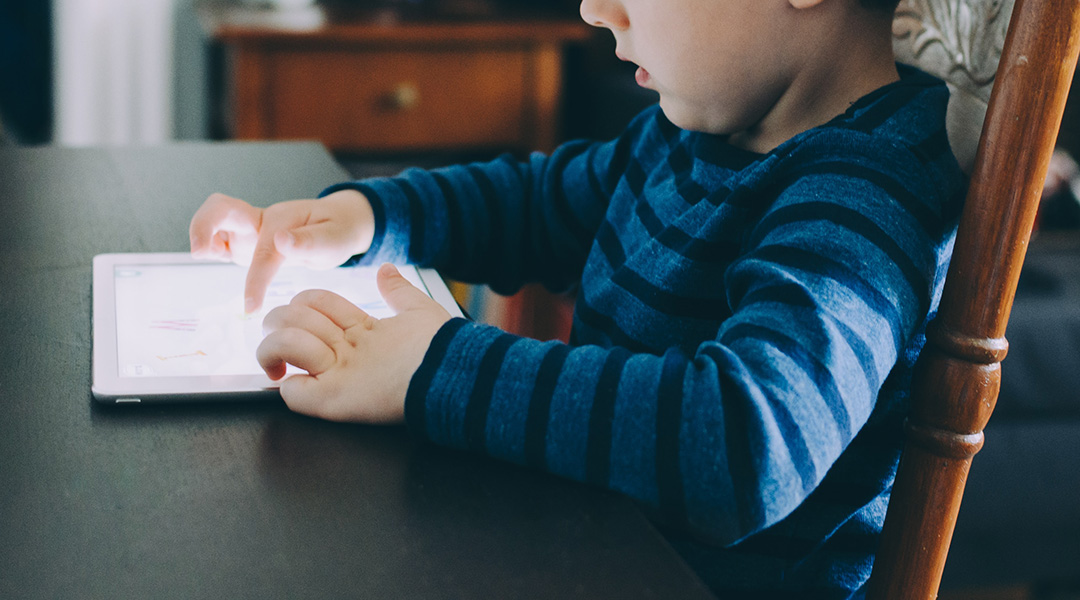
Researchers have found a trade-off with screen time and the cognition, behavior, and brains volume of adolescent and young children.
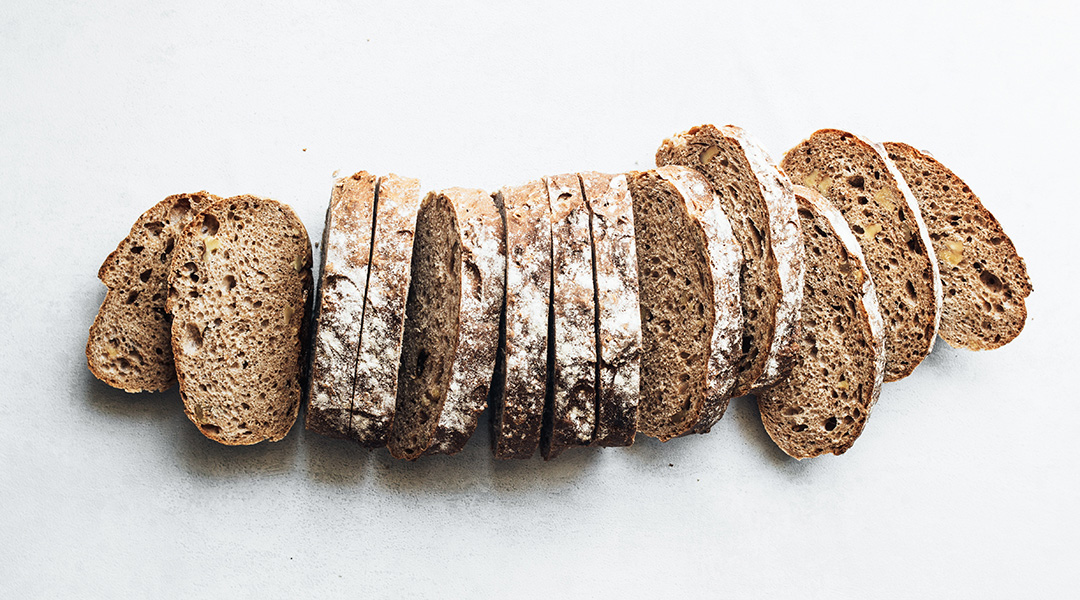
The nocebo effect appears to play a role in gluten sensitivity, indicating the brain’s possible involvement in the condition.

How embracing complementary therapies for depression and anxiety during cancer therapy can be a powerful way to enhance quality of life and patient outcomes.
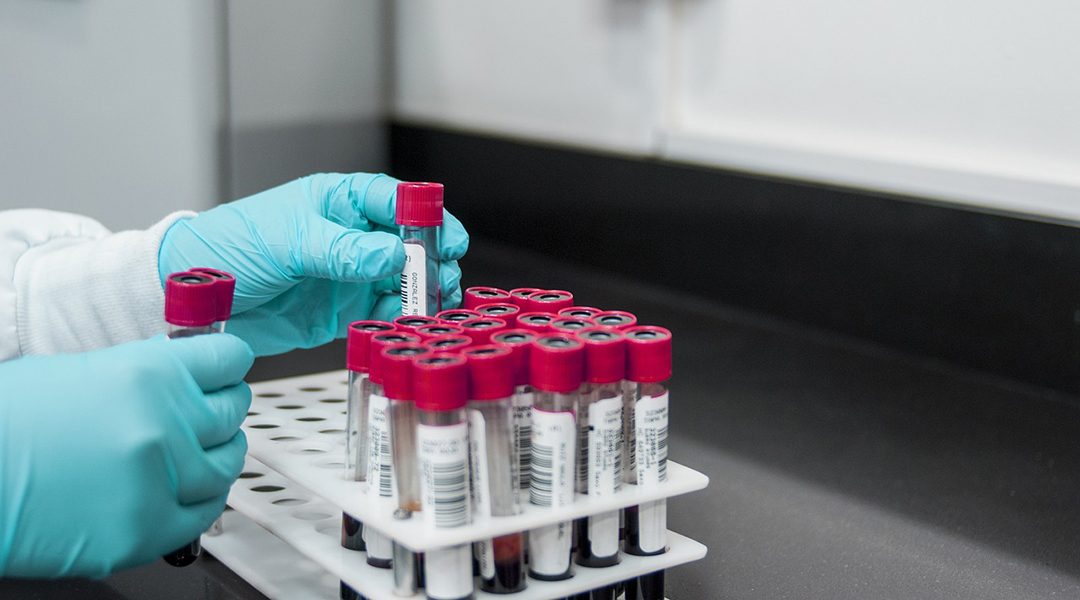
Scientists are hopeful that a new, more sensitive test for detecting ovarian cancer might provide better options, especially for patients with BRCA genes.
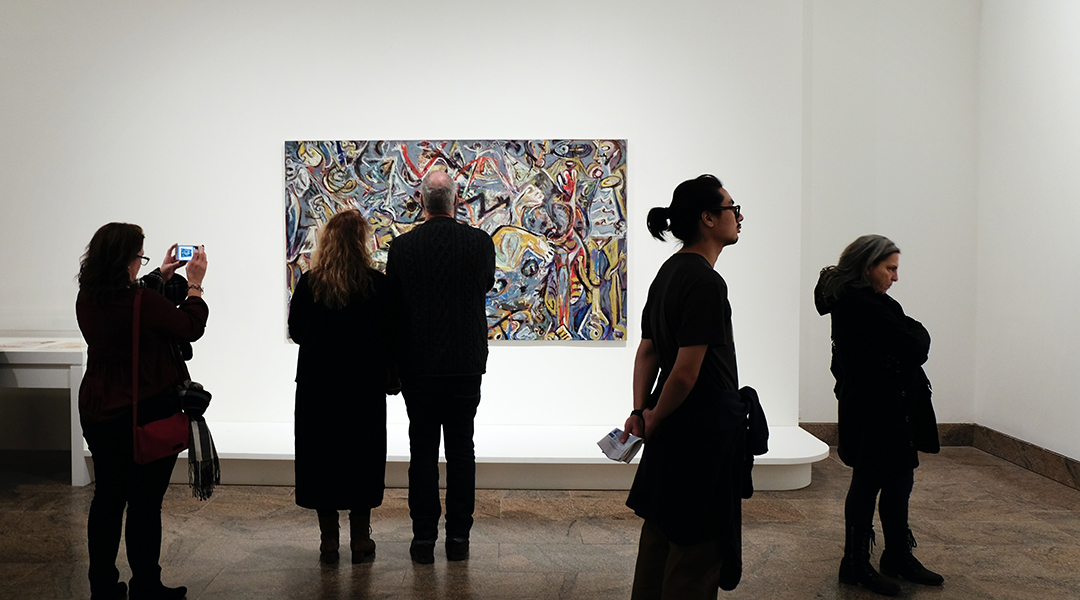
Is AI that predicts which paintings are memorable and famous, regardless of content, style, or context, a threat to creativity or tool for positive change?

Using brain imaging, scientists discover reduced brain aging after just 18 months of healthy diet and exercise.
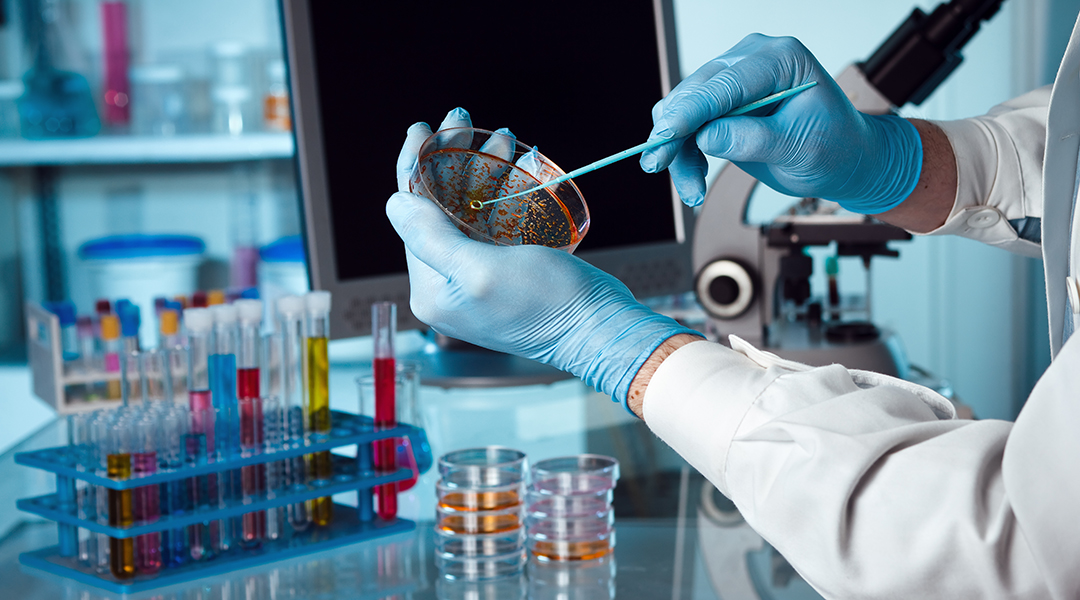
An extensive database will help scientists better understand the link between our gut microbiota and depression to inform new, tailored therapies.